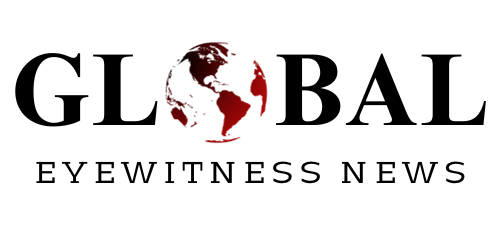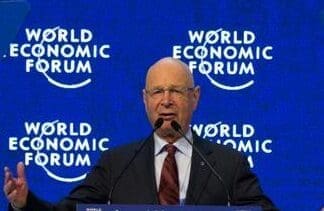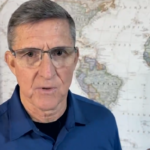World and corporate leaders are converging on Davos, Switzerland this week for the World Economic Forum’s annual summit, where misinformation and disinformation have been declared the top threats to mankind.
In its 2024 Global Risks report published ahead of the summit, the World Economic Forum (WEF) listed “misinformation and disinformation” as the top global risk for the next two years. The report warned that with the widening availability of AI and information, there may be “a growing distrust” of “media and government as sources.”
The WEF praised governments — particularly the Chinese Communist Party — which are suppressing “online disinformation.”
“To combat growing risks, governments are beginning to roll out new and evolving regulations to target both hosts and creators of online disinformation and illegal content,” said the report.
Most of all, the WEF is concerned about the role of “misinformation” in elections. Over 50 countries, or over 40% of the world’s population, are expected to hold elections this year. Globalists and media operatives have begun to raise the alarm that voters may make “the wrong choice” by electing populists.
Therefore, the WEF calls on governments and corporations to “effectively curb falsified information and harmful content” to help “define truth.”
In a recent interview on the Global Risks report, WEF Managing Director Saadia Zahidi reiterated the dangers of “misinformation and disinformation.” She stressed that the danger is particularly acute in elections “where voters get to make choices about who is going to be leading them,” because some voters may have views not rooted in “reality.”
“In particular, if some of those views start spilling over into some very different perceptions of reality when it comes to health, when it comes to what people are thinking about education, when it comes to what people think about specific people, who then becomes the owner of the truth?” Zahidi asked rhetorically.
Last Tuesday, European Commission President Ursula von der Leyen addressed Davos summit attendees. In her speech she emphasized the need to crack down on “misinformation,” which has surpassed even “climate change” as the world’s greatest threat.
“For the global business community, the top concern for the next two years is not conflict or climate, it is disinformation and misinformation, followed closely by polarization within our societies,” von der Leyen claimed.
After touting the virtues of “democracies” and free elections, the European leader lamented that “freedom comes with risks” — namely, misinformation and disinformation. She lauded the European Union for passing the Digital Services Act, which holds social media companies liable for allowing information deemed “false” by the European Commission.
“[T]ackling [misinformation and disinformation] has been our focus since the very beginning of my mandate,” she said. “With our Digital Services Act, we defined the responsibility of large internet platforms on the content they promote and propagate.”
The European Commission president not only called for a crackdown on misinformation. Even information which is true should be banned if it is considered offensive.
“A responsibility to children and vulnerable groups targeted by hate speech, but also a responsibility to our societies as a whole,” she continued. “Because the boundary between online and offline is getting thinner and thinner, and the values we cherish offline should also be protected online.”





